Accra, June 25, GNA – Mr Irchad Razaaly, the European Union (EU) Ambassador to Ghana, has embarked on a two-day visit to the Upper West Region, where he witnessed the progress made under the European Union Ghana Agriculture Programme (EUGAP).
The visit underlines the EU’s support to the Government of Ghana in fostering sustainable livelihoods.
A release copied to the Ghana News Agency on Tuesday said during the visit, Mr Razaaly engaged with local communities and observed two projects that exemplified Ghana and the EU’s shared vision of sustainable agricultural development in the country.
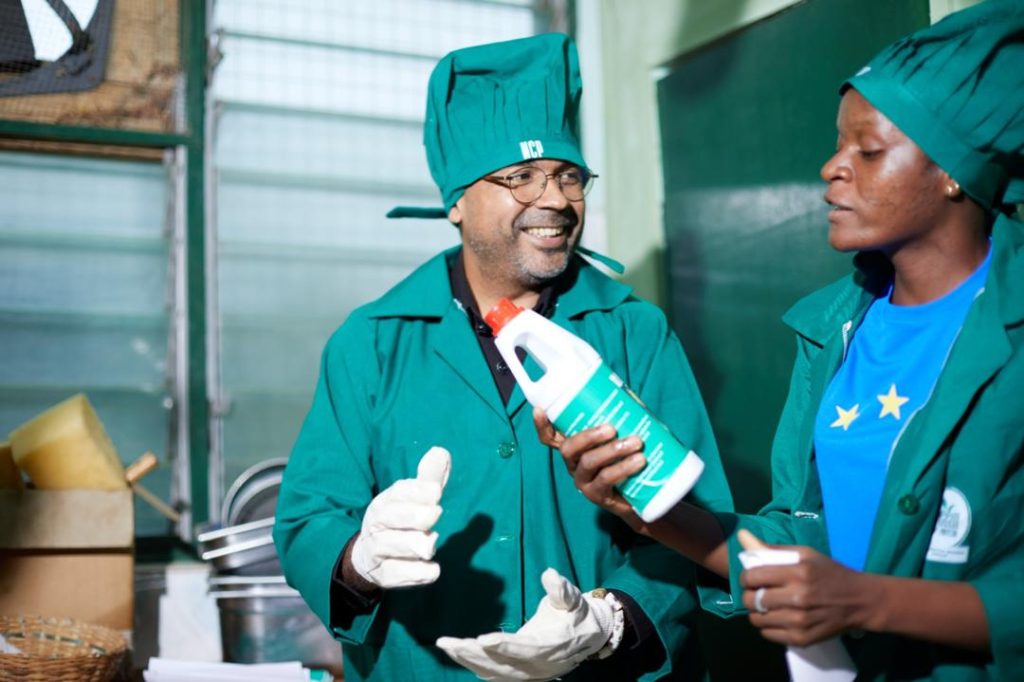
In Wa, he met with the Tibourataa Women Group, producers of the “Neem Crop Protector’’, a purely biological agent for effective pest control.
The Crop Protector, with its by-products, Neem Seed Oil, Neem Cake Powder, and Neem Husk Mulch, are manufactured in Wa at the Neem Seed Processing Factory, providing permanent employment for 12 women and income for an additional 580 women farmers supplying neem seed to the factory.
The neem products were commercially available for farmers nationwide, as they were stocked by agro-input shops, the release said.
The Tibourataa Women Group themselves applied the Neem Crop Protector for the cultivation of vegetables in their own greenhouse.
‘’The production of these vegetables demonstrates the commercial viability of environmentally friendly farming methods and fostered economic empowerment among women,” it said.
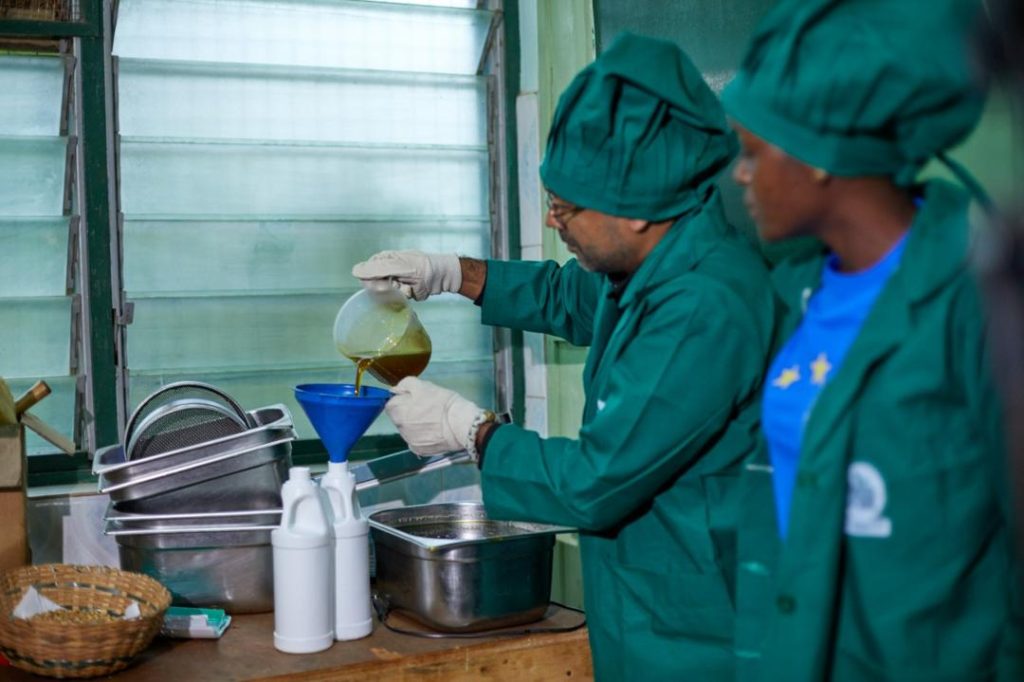
Mr Razaaly’s second visit was to the Sunmabo Farmer Group in Dandafuro, Wa Municipality, where climate-resilient agriculture is practised.
Through the establishment of a demonstration plot for Conservation Agriculture (CA), the community learned farming techniques that preserved the soil and environment and diversified their production by growing cashew trees in addition to their crops.
“With these strategies, the farms are protected against extreme weather. Cashew trees are well adapted to the climate in north-western Ghana and therefore provide a climate-resilient source of income for smallholder farmers.”
The EU supported the distribution of 300,000 cashew seedlings to communities and the establishment of Village Savings and Loans Associations (VSLAs), to ensure continuity in applying what the community had learnt, the release said.
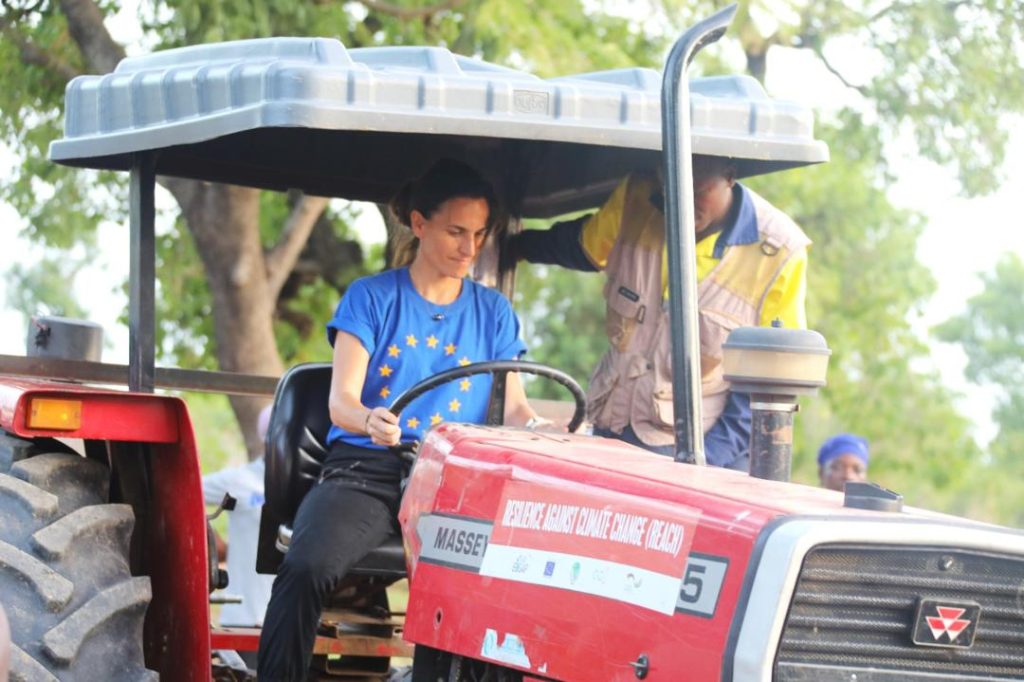
That would enable the women to make independent economic decisions such as buying farming equipment and quality seeds.
“These collective saving schemes give women reliable access to finance for agriculture and other resilience-building activities. The inclusion and support of women-led agribusinesses and women’s participation in agribusiness decision-making is of high importance to the EU. VSLAs in north-western Ghana enable 26,000 women to access finance.”
These projects, which the EU is funding its implementation together with the German Development Cooperation, exemplified how community-led initiatives and innovative agricultural practices could drive positive change, improve livelihoods, and build more resilient local economies.
Through the successes of initiatives like the Tibourataa Women Group and the Sunmabo Farmer Group, the EU and its partners aimed to cultivate stronger, more resilient agricultural sectors, while safeguarding the planet for future generations.
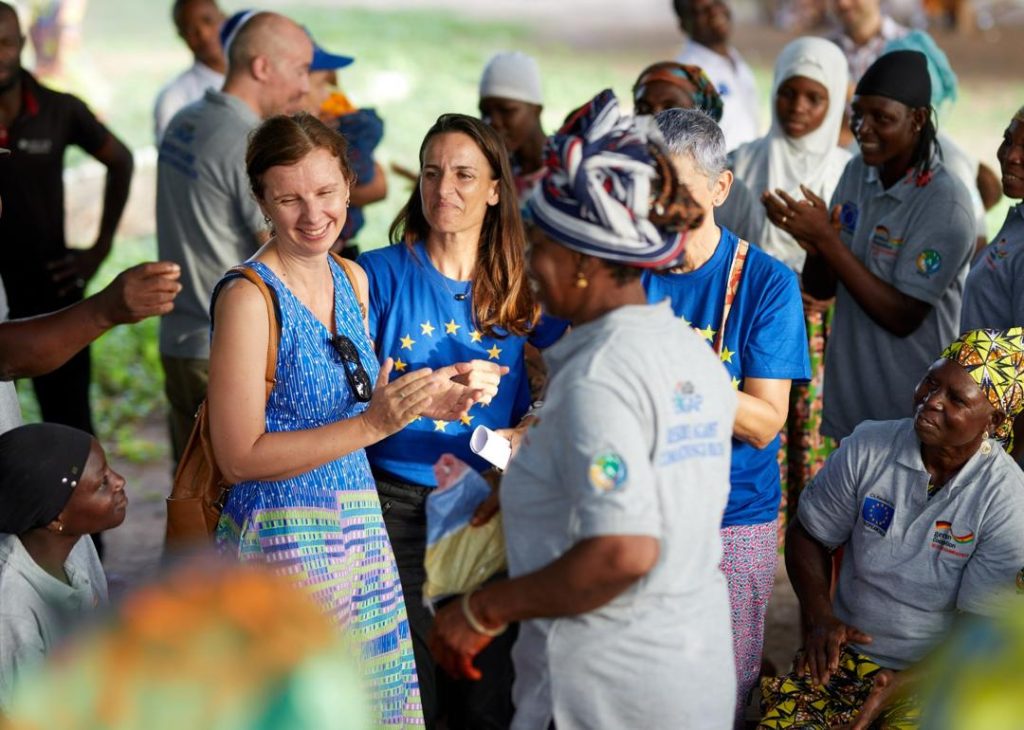
These interventions are being implemented by Deutsche Gesellschaft für Internationale Zusammenarbeit (GIZ) GmbH, in collaboration with the Ministry of Food and Agriculture in north-western Ghana on behalf of the EU and the German Federal Ministry for Economic Cooperation and Development.
EUGAP is the largest ongoing EU programme in Ghana, with a budget of EUR 132 million.
The programme comprises three pillars: Resilience Against Climate Change (REACH), Market-Oriented Agriculture Programme in North-West Ghana (MOAP NW) and Productive Investment Programmes (PIP) in the Northern Savannah Ecological Zone.
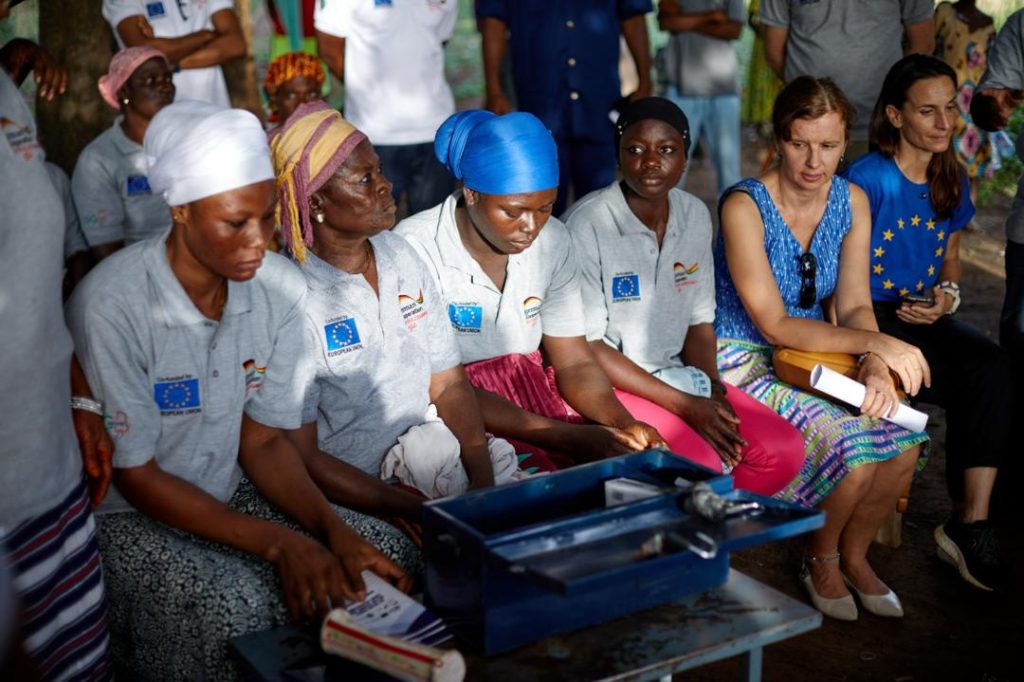
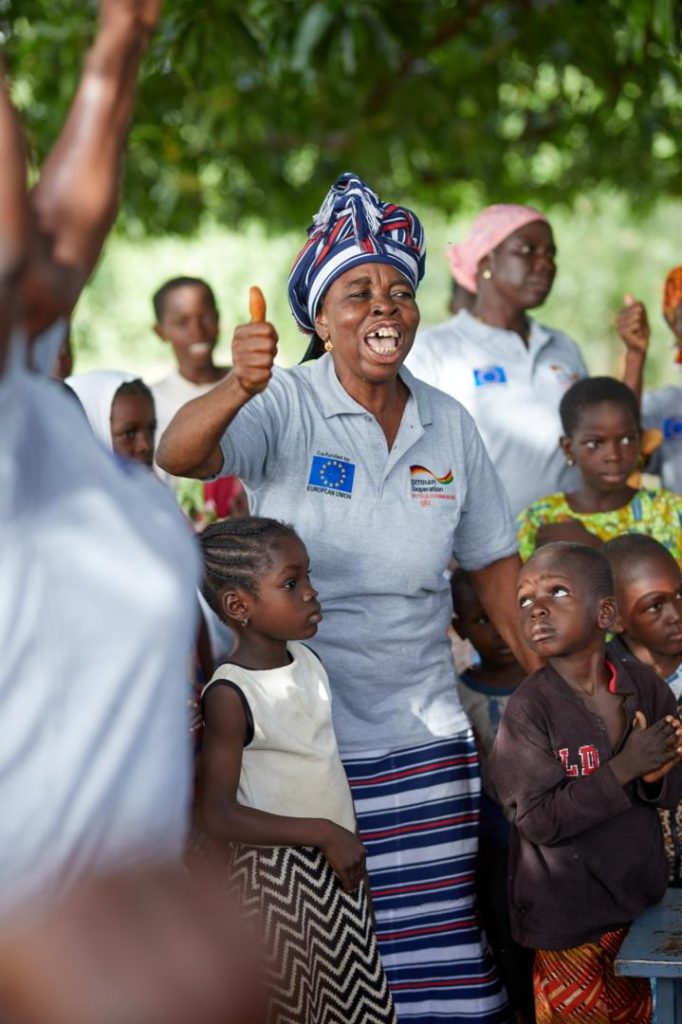
GNA